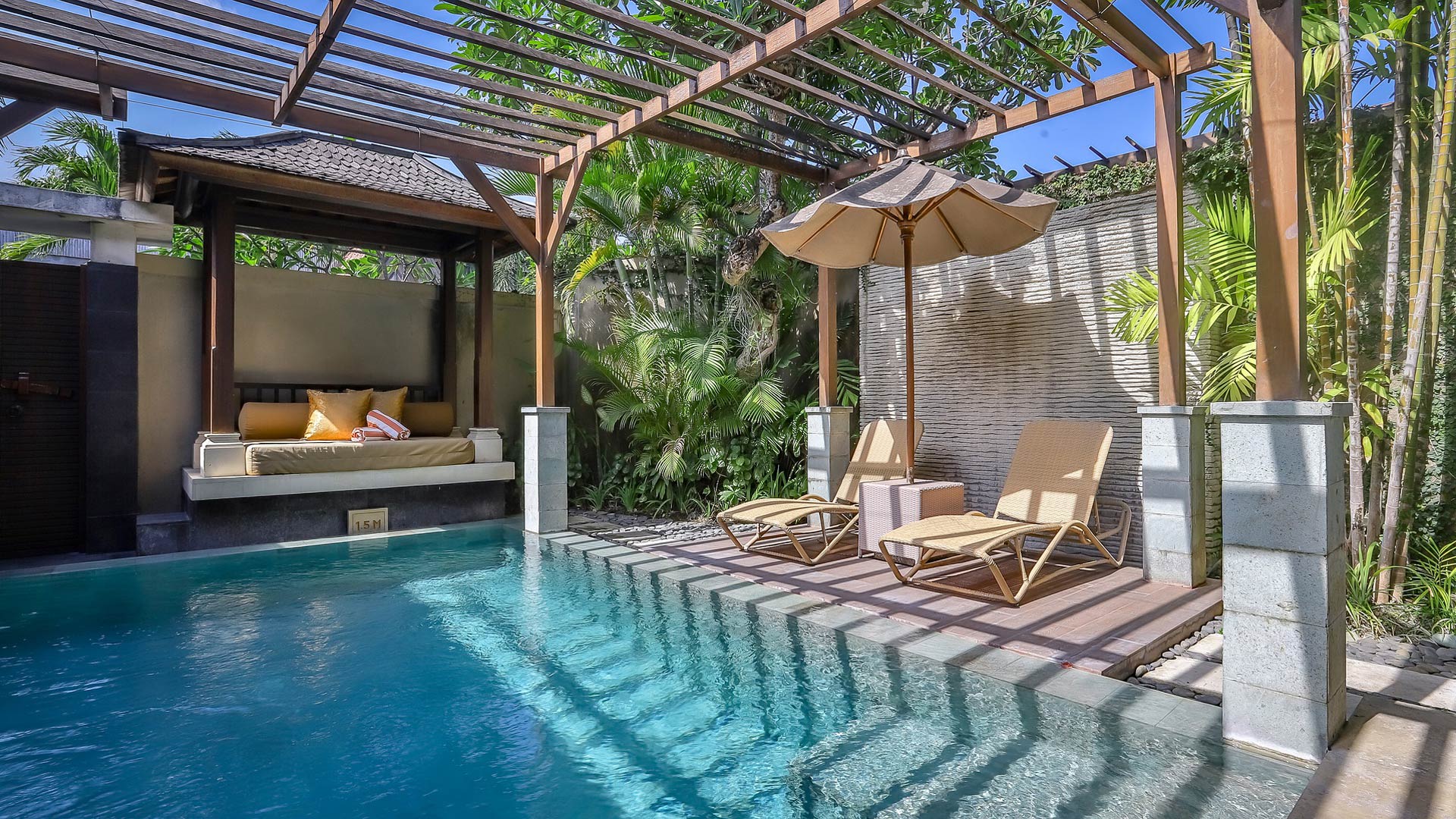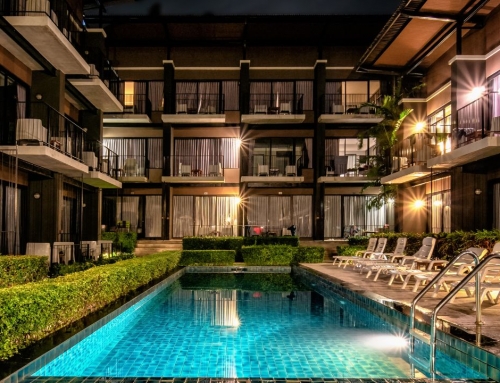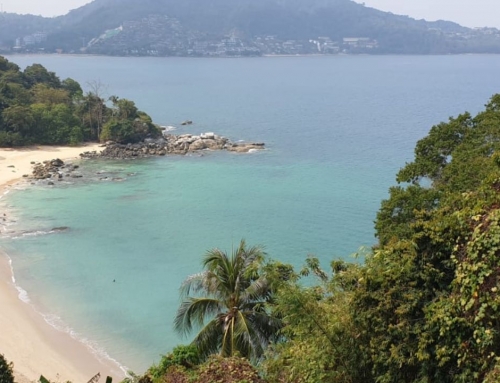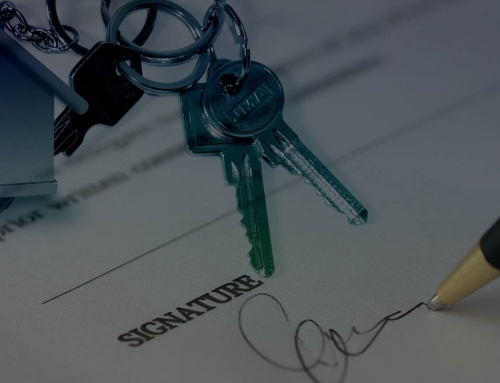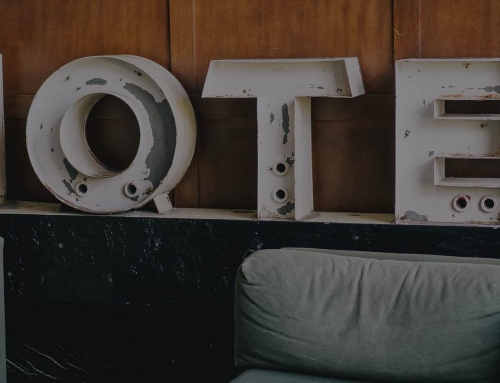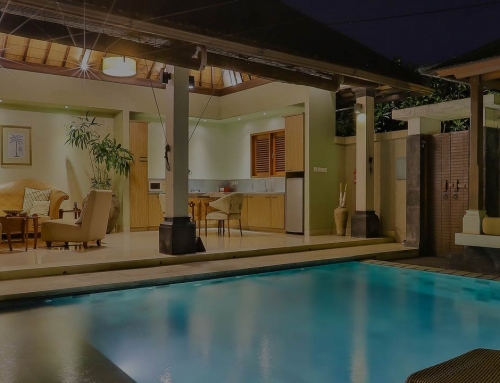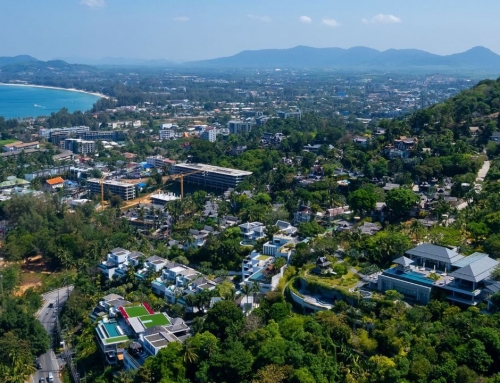By Phuket News Property · November 18, 2021
Updated November 25, 2025: Additional regulatory and enforcement information included.
Foreign buyers sometimes explore the idea of using a Thai company to hold property. While this structure can appear straightforward, there are important legal considerations that determine when company ownership is acceptable and when it may expose buyers to significant risks.
Understanding company ownership in Thailand
Thai companies can legally own land and villas if they operate as genuine businesses with real commercial activity. This means the company must have legitimate income, appropriate tax filings, evidence of actual operations and shareholders who have real financial involvement. A correctly structured company must function as a business rather than a holding entity for a private residence.
The issue of nominee shareholders
Thai law prohibits nominee shareholders. A nominee is someone who is listed as a shareholder but has no genuine financial stake or responsibility in the company. Using nominee structures to create artificial Thai majority ownership is considered a violation of the Foreign Business Act. Authorities have repeatedly confirmed that foreigners may not control a company through arrangements that disguise true ownership.
Increasing scrutiny from Thai authorities
In recent years, several government agencies have increased oversight of company-owned land. The Department of Business Development, Crime Suppression Division, Central Investigation Bureau, Land Department, Department of Special Investigation and state auditing bodies now share information more closely.
Their reviews focus on companies that appear inactive, show no commercial activity or rely on shareholder arrangements that resemble nominee structures. Financial filings, tax submissions and shareholder records may be examined to determine whether the company is genuinely trading or operating solely as a property-holding vehicle. This coordinated approach means that structures once overlooked may now attract deeper review.
When company ownership becomes high risk
A company structure becomes high risk when it is created purely to hold a villa or land without any real business purpose. In these instances, the arrangement may be viewed as an attempt to bypass foreign-ownership restrictions. As enforcement increases, buyers using non-compliant structures may face legal exposure, financial penalties or complications when selling the property in the future.
Alternatives for foreign buyers
Foreigners seeking secure long-term ownership often consider options that align clearly with Thai law. These include purchasing foreign freehold condominium units, using long-term registered leases or choosing developments designed specifically for international buyers. Each approach offers different rights and levels of protection, so understanding the implications is important before committing.
Conducting due diligence
Anyone considering company ownership should obtain independent legal advice from professionals familiar with Thai property law. Proper due diligence includes reviewing the company structure, shareholder arrangements, tax obligations and compliance risks. Speaking with qualified advisers helps ensure that buyers fully understand the legal framework and avoid unintended liabilities.

